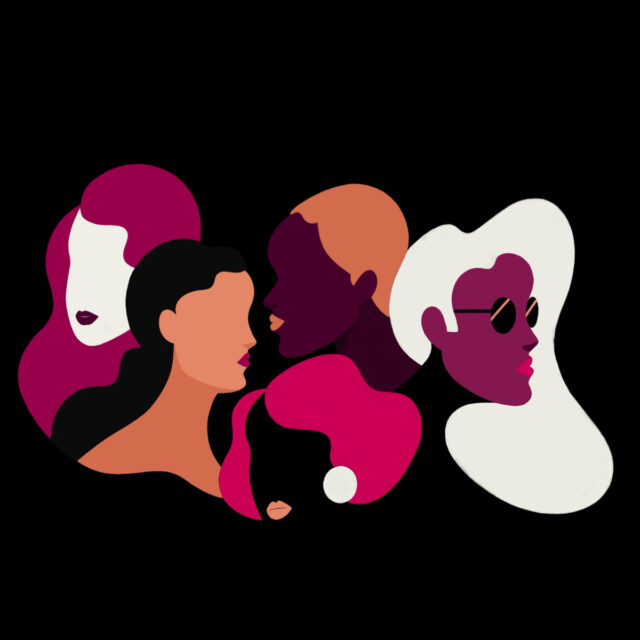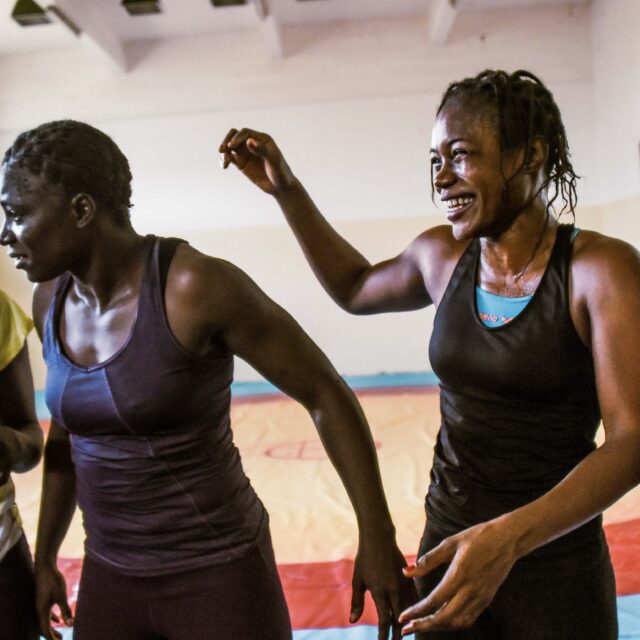To celebrate International Women’s Day this year, we worked with a group of incredible female illustrators to produce a full suite of assets that depicted strong, bold women. Since then, we’ve used these powerful illustrations to promote our open letter to world leaders, host a #PovertyIsSexist event with Tanya Burr and ask Canadian PM Justin Trudeau to empower women around the world to reach their full potential.
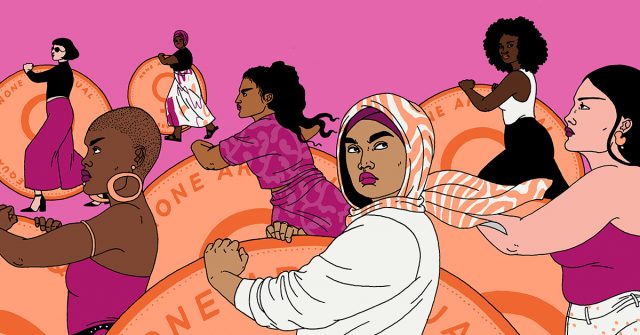
Illustration by Laura Callaghan.
Now, we’re taking you behind the scenes to learn more about the creators and what inspired them to join us in telling the world #PovertyIsSexist!*
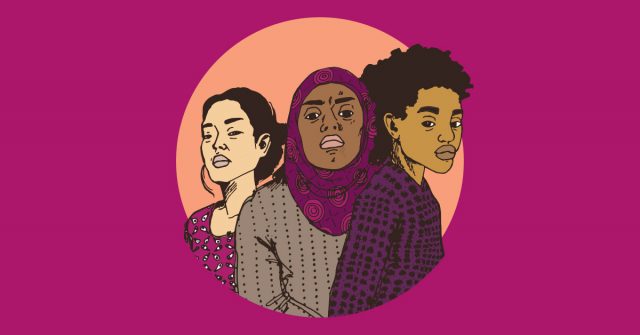
Illustration by Juliet Crossley.
How do you think illustration plays a role in activism today?
Zoe-Zoe: We need to be open to hearing people’s stories and art is one way in which we tell those stories. With the way we use social media and the internet, activist art has a greater chance of reaching a large audience. Meaning more voices can be heard, more connections made, and hopefully inspire action for us all to do and be better.
Arnelle: Art lends itself so well to storytelling and has the ability to resonate with people across cultures. Illustration is vital in activism today as it brings people together to stand behind a unifying message.
Juliet: Art is a universal language which has the potential to surpass boundaries and reveal truths that challenge the status quo. The role it plays in activism today is essential. Illustration creates a visual representation of social justice and becomes a banner that we carry into the field of action.
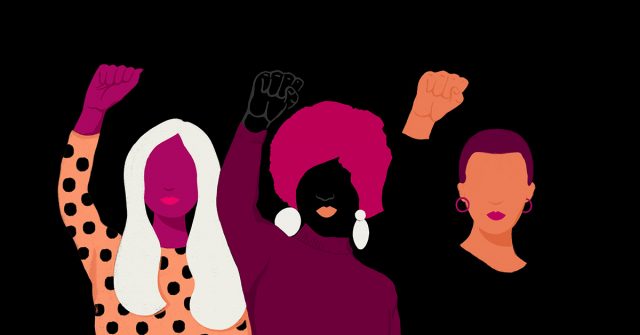
Illustration by Arnelle Woker.
What inspired you to take part in ONE’s Poverty is Sexist campaign?
Zoe-Zoe: I’m happy when I get to spend my energy and use my skills towards something that can have a beneficial impact. My mother was born in Taiwan and immigrated to the United States to study Computer Sciences. Her ability to do that for herself has made her life richer and helped give me a chance to do the same. I want that for everyone.
Arnelle: As a ONE member, I am proud to support this campaign. Fighting for a world where all women have equal opportunity to be educated and to be independent. Because none of us are equal until all of us are equal.
Juliet: When I first learned of ONE’s Poverty is Sexist campaign, it spoke directly to what I believe in and I immediately knew I wanted to take part in it. Poverty is Sexist is powerful because it tackles the most pressing issue facing the advancement of all humanity — the inequality of women — and as consequence, the poverty, lack of equal rights, equal pay, access to education and opportunities for advancement.
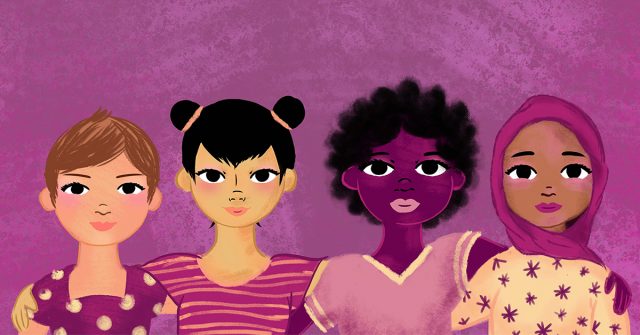
Illustration by Zoe-Zoe Song.
Tell us more about the meaning behind your illustration(s).
Zoe-Zoe: My favourite podcast, Call Your Girlfriend, coined the term ‘Shine Theory’, [which] is living the mantra “I don’t shine if you don’t shine.” It’s understanding that someone else’s efforts, accomplishments or confidence don’t take anything away from your own. That’s why I wanted to illustrate an inclusive group of young girls happily embracing each other in friendship.
Arnelle: Both illustrations portray diversity and empowerment through unity. In the first, three women stand together, fists clenched and arms raised. In the second, a close group of women from various backgrounds. I am hoping these pieces will become recognisable as a symbol for empowered women.
Juliet: The three women are intertwined as they stand in solidarity. Their unity and diversity serves to uplift them beyond the individual and their gaze intentionally looks to our world leaders, representing the fact they see them and are NOT willing to back down.
*Responses have been edited for clarity.
